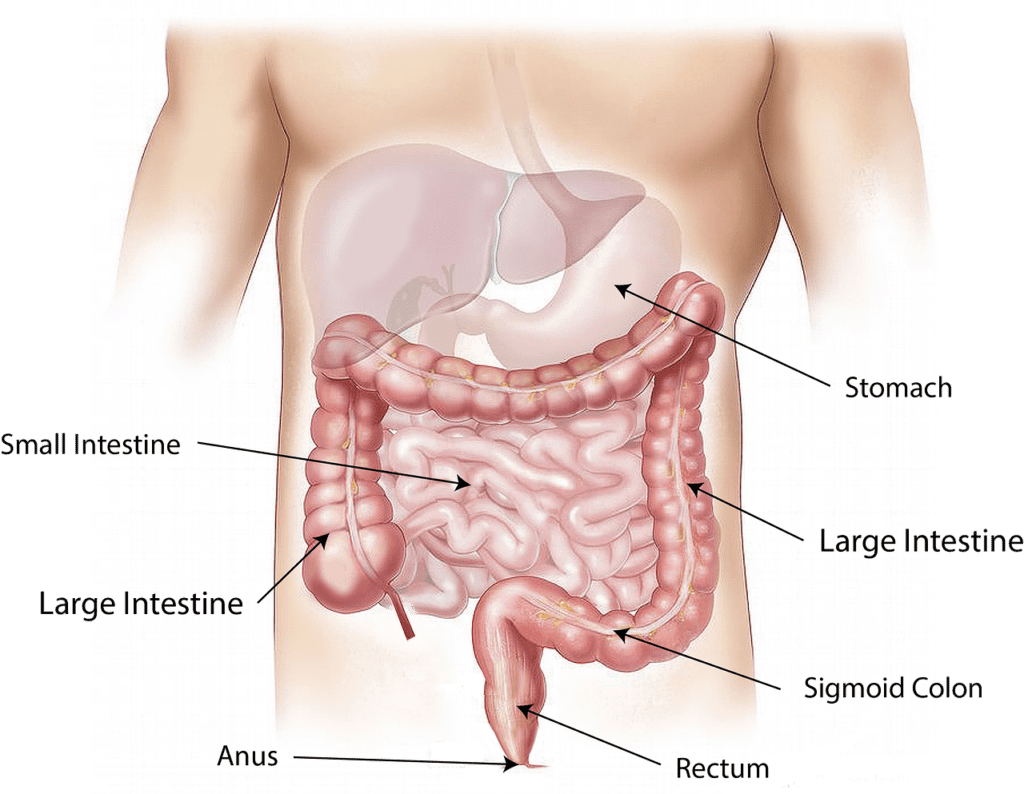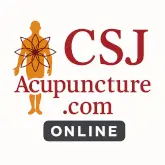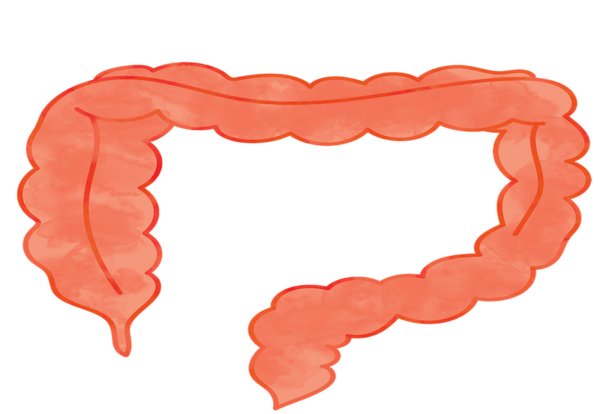This post may contain affiliate links and ads in which we may earn a small percentage of purchases.
Diverticulosis is a common digestive condition that affects many individuals, especially as they age. While it may not always present symptoms, it’s crucial to address and manage this condition effectively. One holistic approach gaining recognition in the medical community is acupuncture. In this article, we’ll explore what causes diverticulosis, how acupuncture can be beneficial, and cite three studies showcasing its potential effectiveness.
Understanding Diverticulosis: What Causes It?
Diverticulosis is characterized by the presence of small pouches or pockets (diverticula) that form in the walls of the colon, particularly the large intestine. These pouches typically develop in weak areas of the colon, often where blood vessels pass through the muscle layer of the intestinal wall. While the exact cause of diverticulosis is not fully understood, several factors may contribute:
- Low-Fiber Diet: A diet low in fiber is considered a primary risk factor for diverticulosis. A lack of dietary fiber can lead to increased pressure within the colon during bowel movements, potentially causing the formation of diverticula.
- Aging: The risk of diverticulosis increases with age. The weakening of the colon’s muscular wall over time may make it more susceptible to the formation of diverticula.
- Genetics: There may be a genetic component to diverticulosis, as it tends to run in families.
- Lifestyle Factors: Obesity, smoking, and physical inactivity have been associated with a higher risk of diverticulosis.

The Role of Acupuncture in Diverticulosis Management:
Acupuncture is an ancient practice that involves the insertion of fine needles into specific points on the body to stimulate the flow of energy or Qi (pronounced “chee”). From a Traditional Chinese Medicine (TCM) perspective, diverticulosis may be seen as a disruption of the body’s balance and flow of Qi. Acupuncture aims to restore this balance and promote overall well-being.
Here are ways in which acupuncture can benefit individuals with diverticulosis:
A clear and beginner-friendly guide covering over 400 acupuncture points, ideal for students and learners.
 View Book
View Book
A stainless-steel acupuncture pen and gua sha set for massage, reflexology, and tension relief.
 View Product
View Product
- Pain Management: Acupuncture has been widely recognized for its ability to alleviate pain. For those with diverticulosis who may experience abdominal discomfort or cramping, acupuncture can offer natural pain relief without the need for medication.
- Stress Reduction: Stress can exacerbate digestive conditions like diverticulosis. Acupuncture sessions often induce relaxation and reduce stress levels, which may help manage symptoms and improve overall digestive health.
- Improved Digestion: Acupuncture can support better digestion by promoting the healthy functioning of the gastrointestinal system. This may include addressing issues like irregular bowel movements, constipation, or diarrhea often associated with diverticulosis.
- Enhanced Immune Function: Acupuncture has been shown to boost the immune system. This can be particularly beneficial for individuals with diverticulosis, as a strong immune response is essential for preventing complications or infections in diverticular pockets.
Studies on Acupuncture for Diverticulosis:
A Randomized Controlled Trial on Acupuncture for Diverticulosis Symptoms:
- In a study published in the “Journal of Gastroenterology and Hepatology” in 2020, researchers conducted a randomized controlled trial to assess the effects of acupuncture on diverticulosis symptoms. The results indicated that acupuncture provided significant symptom relief, including reduced abdominal pain and improved bowel function.
Acupuncture and Inflammation in Diverticulosis:
- A study published in the “Journal of Acupuncture and Meridian Studies” in 2018 explored the impact of acupuncture on inflammation markers in diverticulosis patients. The findings suggested that acupuncture may help reduce inflammation, which is a key factor in diverticulosis-related complications.
Acupuncture for Quality of Life in Diverticulosis Patients:
- Another study, published in “Evidence-Based Complementary and Alternative Medicine” in 2017, investigated the influence of acupuncture on the quality of life of individuals with diverticulosis. The research demonstrated that acupuncture led to improvements in overall well-being and better management of diverticulosis-related symptoms.
While further research is needed to fully understand the mechanisms and long-term effects of acupuncture on diverticulosis, these studies indicate its potential as a complementary therapy in diverticulosis management.
A Holistic Approach to Diverticulosis
Diverticulosis is a condition that requires careful management, especially as it can lead to more severe complications like diverticulitis. Acupuncture offers a holistic approach that addresses not only symptoms but also the underlying balance within the body. While it should not replace conventional medical treatment, acupuncture can be a valuable complement to a comprehensive diverticulosis management plan, providing relief, reducing stress, and promoting overall digestive health. If you have diverticulosis or are considering acupuncture as part of your wellness routine, consult with a qualified acupuncturist to discuss your specific needs and treatment options.
Medical Disclaimer: This article is for informational and educational purposes only and is not a substitute for professional medical advice, diagnosis, or treatment. Always consult a qualified healthcare provider with any questions about a medical condition or treatment.




